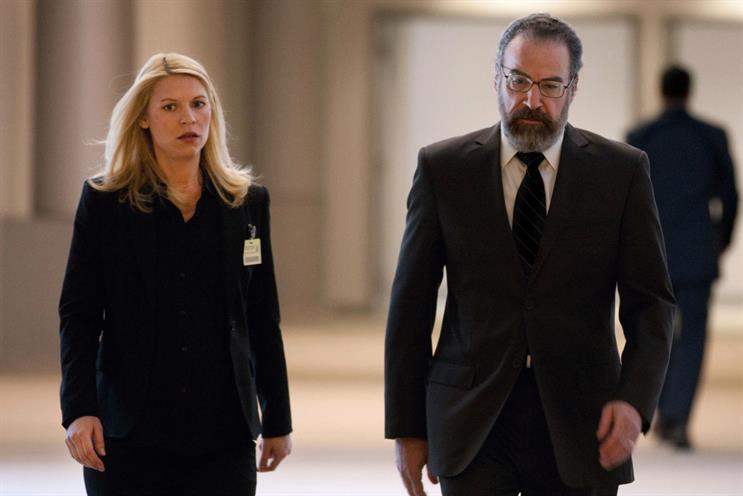
Who blinked first? Crudely, for many in the marketplace, that’s what the question boils down to.
But, of course, there’s a perfectly plausible version of last week’s Group M rapprochement with Channel 4 in which "blinking" doesn’t feature at all. It may well have been a more orderly process than has been suggested. This sort of skirmish, some observers say, is why highly paid negotiating teams exist in the first place. It’s where they prove their value.
Group M tested Channel 4’s mettle, as it had every right to do as the UK’s biggest buyer of media. Channel 4 stood its ground (the core issue, we have to assume, being one of price) – as, indeed, it too has every right to do as one of the pre-eminent suppliers of young, upmarket commercial television viewers. Channel 4 is also, arguably, the market leader when it comes to the generation of digital, on-demand advertising inventory.
Group M clients went missing from Channel 4 for a mere matter of days. So where’s the big issue? There were those willing to argue that Channel 4 was actually the real winner here – and that it comes out of this episode with its standing rather substantially enhanced. Doesn’t it prove that, actually, despite Group M’s posturing to the contrary, many mainstream clients just can’t do without it?
Yes, it probably does, Andrew Stephens, the founding partner of Goodstuff Communications, responds. He adds: "The size and breadth of Group M’s client base simply meant it wouldn’t be able
to convince every client to trade around Channel 4 indefinitely, so I applaud [the broadcaster’s sales director] Jonathan Allan and his team for remaining strong in what has been a tough year."
And Stephens believes that the episode raises some fundamental questions about the way that some parts of the industry are structured – for instance, the one-size-fits-all philosophy of the agency deals that are the stock-in-trade of trading giants such as Group M. It’s going to be interesting, for instance, to analyse how the stand-off affected the fortunes of some individual clients.
"January is a crucial time for retailers – and film and music clients only get one shot at launching content, so how were their businesses affected by missing out," he ponders. "Given the need for smaller brands to create partnerships with media owners – in order to provide focus, targeting and added value – how suitable are generic, agency-wide deals for clients who want to differentiate themselves?"
However, John Davidson, the head of trading at Starcom MediaVest Group, is less sure we can draw any straightforward conclusions. "One channel is not critical for all brands all of the time, but undeniably Channel 4 is the cardinal choice for some brands some of the time," he comments. "The broadcaster’s family of stations represents an elongated smorgasbord of channels and programme environments relevant to many comms plans. Channel 4 has been taking a pragmatic long-term view. It needs to ensure it remains distinct and able to meet the collective needs of a wide client base."
Meanwhile, Pedro Avery, Arena Media’s managing director, argues that some of Group M’s clients might have been perplexed to discover that being with the UK’s largest media buying point doesn’t necessarily guarantee constant access to all media channels.
But that’s a side issue, he concedes: "Any credible media agency can now plan around any media owner in the UK marketplace, with the possible exception of Google. That hasn’t happened overnight and it’s not to imply that consumption of TV has gone down all that much. It hasn’t. It’s just that consumption of other forms of digital media have gone up. People are consuming more media these days. No-one is indispensable."
And Simon Davis, the chief executive of Walker Media, tends to agree. He concludes: "Channel 4’s premium audiences can now be reached more cost-effectively through digital platforms, but the challenge is in delivering scale and stature quickly through proliferated channels. And, of course, the stature and impact of a first-in-break in Homeland is difficult to replicate online.
"The bottom line is that advertisers chasing immediate commercial goals against younger, upmarket audiences have to work quite hard to deliver without Channel 4, so Group M’s decision to return to the station arguably proves it has advertisers that have this as an objective. Those with longer-term objectives or broader audiences can certainly plan around Channel 4 without compromising plans."

